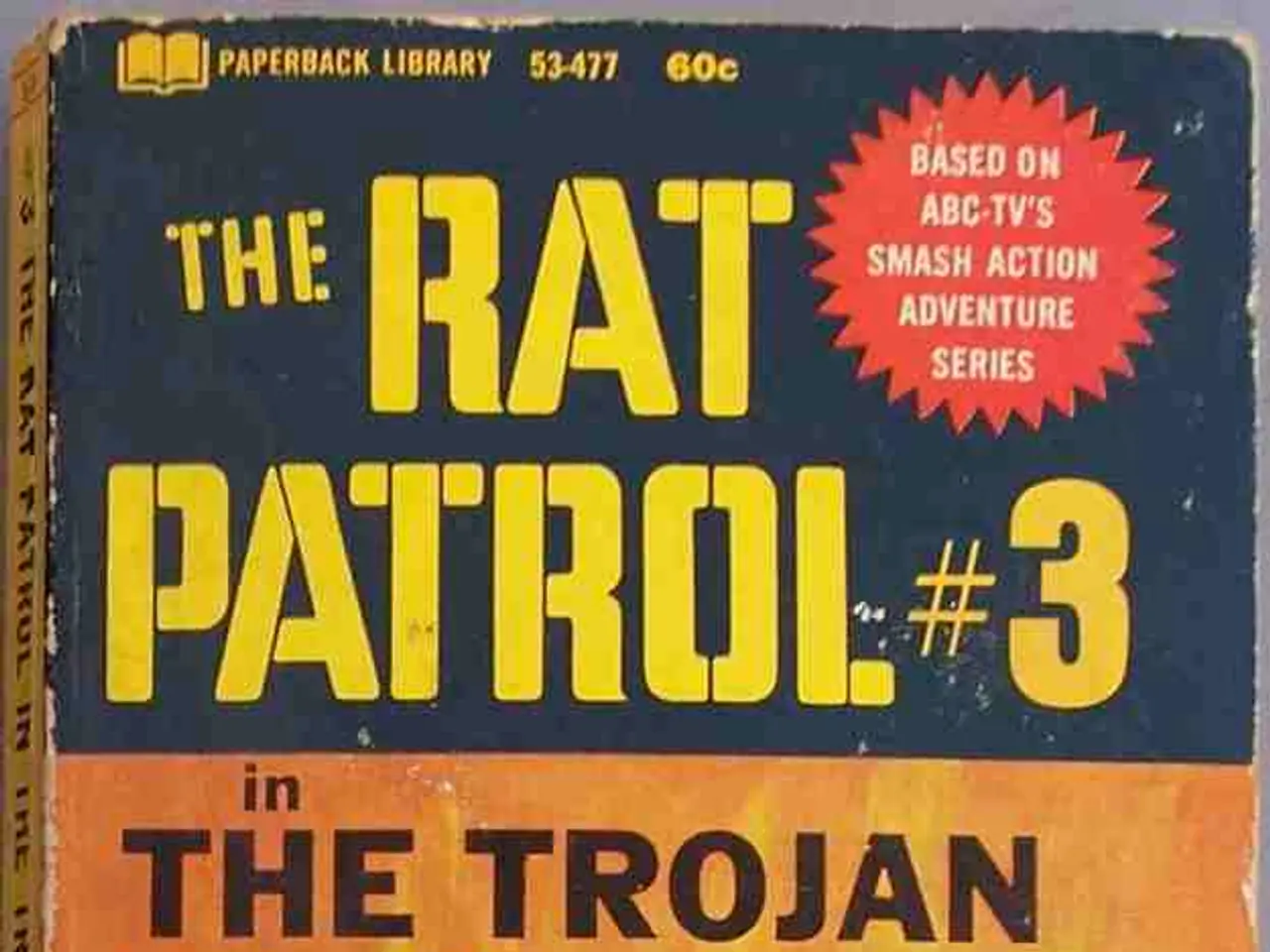U.S. - Pakistan diplomatic ties improve under Trump's presidency - causing worry in India
In 2025, U.S.-Pakistan relations have experienced a notable strategic resurgence, setting them apart from the more complex U.S.-India relationship in the same period.
Key developments in U.S.-Pakistan relations include the U.S.'s role in brokering a ceasefire between India and Pakistan, which Pakistan publicly acknowledged and praised. This diplomatic opening signaled Pakistan's willingness to engage more constructively across security and economic fronts.
The Trump administration, with Trump's political comeback in 2025, has actively pursued closer ties with Pakistan. This is evident in a "massive" oil exploration deal and counter-terrorism cooperation. Pakistan has also aligned with Trump's crypto agenda, forming a Crypto Council and engaging with entities linked to Trump’s family, further warming ties.
However, these developments have caused concern in India, which views Pakistan’s military as a sponsor of cross-border terrorism. Indian officials have privately protested U.S. meetings with Pakistan’s military leadership and have expressed their displeasure at the U.S.'s tariff policies, which favour Pakistan over India.
In contrast, U.S.-India relations have faced increasing strains despite their long-standing strategic partnership aimed at countering China. Frictions over U.S. engagements with Pakistan, especially Washington’s perceived imbalance in addressing Indian concerns post-conflict, have contributed to this strain. Diplomatic protests from New Delhi related to U.S. contacts with Pakistan’s military establishment have caused a "bilateral malaise" in the relationship. Trade tensions, highlighted by punitive tariffs on Indian products, have further strained the relationship.
Comparatively, U.S.-Pakistan relations have seen active engagement, enhanced security cooperation, and new economic opportunities. U.S.-India relations, on the other hand, are experiencing tension and recalibration, largely triggered by the renewed U.S. engagement with Pakistan and resulting concerns in New Delhi.
Notable events in U.S.-Pakistan relations include Asim Munir, Pakistan's chief of army staff, having a two-hour private lunch with former U.S. President Donald Trump in June. Gen Michael Kurilla, the commander of U.S. military forces in the Middle East, praised Munir for a "phenomenal partnership" in the fight against terrorism. Munir also offered Pakistan as a trusted back channel between the U.S. and its adversaries Iran and China.
In addition, Pakistan's chief of army staff stated that Trump's "strategic leadership" had prevented "many wars in the world". Gen Dan Caine, America's top military officer, received a plaque and an invitation to visit Pakistan from Asim Munir. Munir, during a visit to Beijing, toured the headquarters of the People's Liberation Army and promised Chinese foreign minister Wang Yi that he would protect Chinese workers in Pakistan from insurgent attacks.
India's Prime Minister Modi, however, publicly contradicted Trump, stating that the agreement with Pakistan did not come about because of American intervention, but was at Pakistan's initiative and took place through existing channels of communication between the two countries' armed forces. Modi also had a testy phone call with Trump about his role in the truce with India.
Current and former Pakistani officials and analysts warn that Trump could still turn on Islamabad if it fails to deliver. Husain Haqqani, a former Pakistan ambassador to the U.S., stated that Pakistan is offering success stories to Trump to gain his favour. Pakistan has also deployed a form of crypto diplomacy to make its way into Trump's inner circle.
In the midst of these developments, Pakistan gave credit to Trump for brokering the truce with India and nominated him for the Nobel Peace Prize. The U.S. saw Asim Malik's arrest of a high-value Isis-K operative as important. Trump also promised a deal to develop Pakistan's "massive Oil Reserves".
In conclusion, 2025 has seen a strategic reawakening in U.S.-Pakistan ties, marked by diplomatic openings, economic initiatives, and political outreach, while U.S.-India relations are experiencing tension and recalibration. These developments are likely to shape the geopolitical landscape of South Asia in the coming years.
- The U.S.'s involvement in brokering a ceasefire between India and Pakistan, as seen in 2025, is a significant example of political news that has implications for general news, given its impact on the broader geopolitical landscape of South Asia.
- The Trump administration's aggressive pursuit of closer ties with Pakistan in 2025, as evidenced by the oil exploration deal and counter-terrorism cooperation, reflects a shift in U.S. foreign policy that is not only political but also economically relevant for general news.






